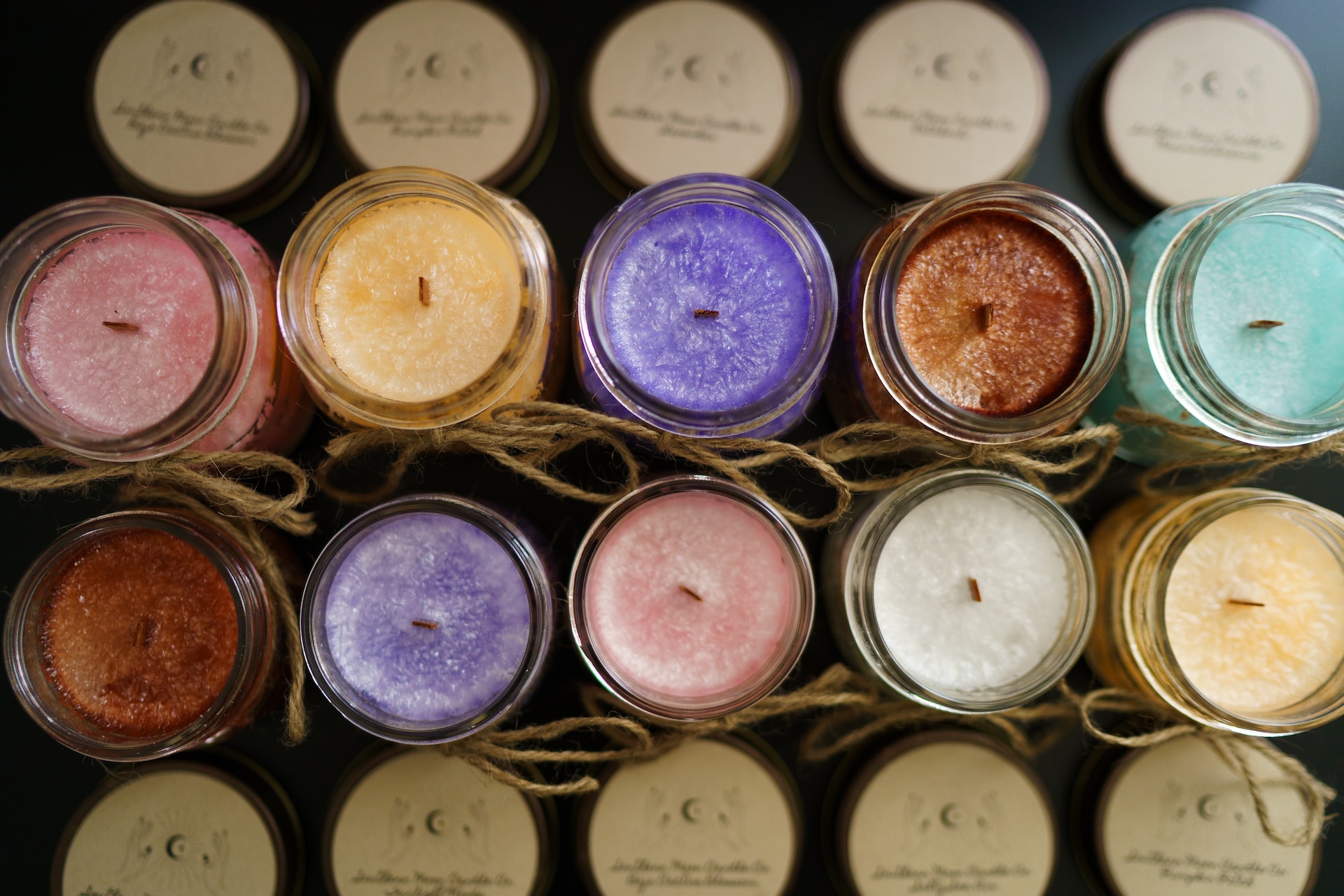Only 18% of companies in the UK are led by women, according to recent data. While there has been an increase in female entrepreneurs, men still receive more funding and higher average loans for their businesses. In an eight-part series for Sky News’ Money blog, reporter Jess Sharp spoke with successful women in different industries to hear their stories, struggles, and advice for aspiring female entrepreneurs. This week, Sharp interviewed Kelly McCabe, the co-founder of Perci Health, the UK’s first virtual cancer care clinic.
When McCabe and her co-founder Morgan Fitzsimons started their business, they made a unique decision – they sat down and planned when they would have children. As two women, this was a conversation that they needed to have, unlike most men who never have to discuss it with their business partners. “We had a long conversation and made a decision that we would have children at different times so that one person would stay in the business to allow the other to take the time out they needed,” McCabe said. “Of course, you can’t plan this thing perfectly, but we were fortunate enough that it kind of happened that way.” Fitzsimons had her baby first and returned to work after a few months, while McCabe gave birth six months later. A month after having her now nearly two-year-old son, McCabe returned to work, and Perci Health has continued to thrive ever since.
Despite Perci Health being a virtual care clinic, McCabe’s career background had nothing to do with app development – she started out in the NHS. One of her roles involved helping people with cancer eat and drink while receiving treatment. Working mostly with people with head and neck cancer, she supported them with tube feeding and their rehabilitation back to solid foods. After working in a similar field in private healthcare, she realized that all cancer patients were experiencing the same problem. “There was a universal experience at the end of treatment where you would have your final review with your cancer nurse or oncologist, and they would say ‘see you again in six months or 12 months time’,” McCabe said. “Patients would come back into our follow-up clinics with all sorts of problems they had been living with for six months or 12 months, and no one was really managing them. “They had to just be grinning and bearing it, thinking it was just par for the course after having cancer.” This realization led her to come up with an idea to connect people living with cancer with professionals who could provide long-term support and optimize their well-being.
With a plan in mind, she reached out to her friend Morgan, who had a background in digital marketing, and the pair started working weekends and evenings to build their company. When COVID hit, they made the decision to “just go for it,” quit their jobs, and put all their focus on the business. Their first round of funding came from family and friends, raising £500,000, which allowed them to pay themselves a reduced salary and hire a small team. However, more funding was needed, and they started reaching out to investors. With McCabe’s clinical experience, the issue she was trying to solve in the healthcare sector seemed “obvious,” but the first hurdle she faced was convincing others that it was “important enough to solve”. “The challenges seemed very obvious to us, but they might not necessarily be obvious to investors, and I think that is particularly true if you’re solving a problem that affects women,” she said. “I’m really sad to say that it’s kind of the old-fashioned things you think of, like a lot of them sell on the golf course or over lunch or going shooting, and we don’t get invited to golf or to shoot. “You don’t get many female-owned technology businesses, so that was a barrier.”
In total, McCabe has raised £5m and still owns 40% of Perci Health. However, she faced challenges along the way, including dealing with life as a new mom while running a business. She explained how having children early in the company’s life meant it was still “relatively fragile,” and there wasn’t a chance to take maternity leave knowing her job would be safe when she returned. “There was a bit of a juggle with that and needing to go back to work very quickly after the baby was born, and then the other challenge is childcare,” she said. “You don’t want to be taking too much money out of your business, and you’re rewarded with equity rather than a salary – but of course, equity doesn’t pay for childcare.” McCabe also faced underestimation from male investors, which she noticed in the language used to describe her. “I believe women business owners are underestimated, and that is evidenced by the fact that less investment goes to us, but there’s research that shows women-owned companies are more profitable,” she said. “The language they use is interesting. For example, I’m often described as a conservative CEO








